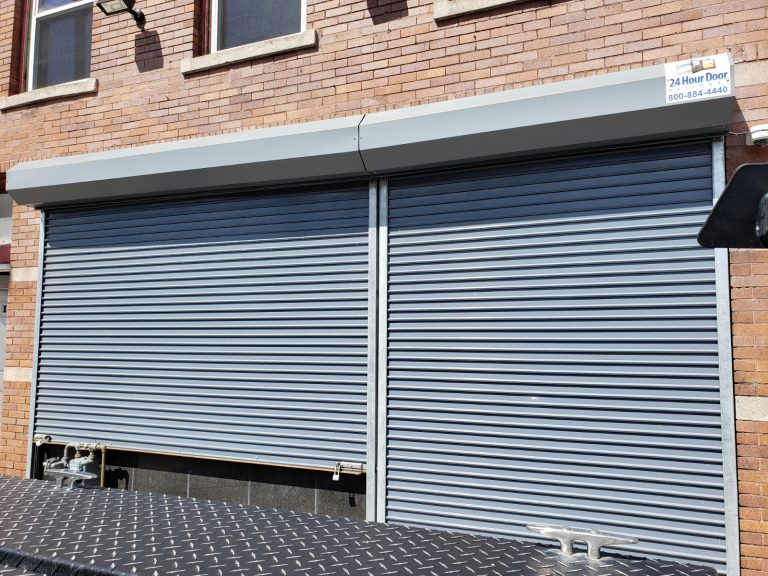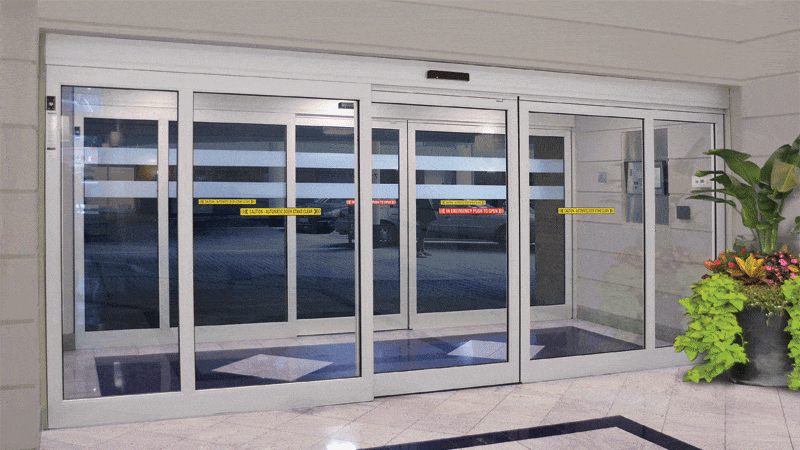Step-by-Step Guide: How To Emergency Release Garage Door In Cincinnati, OH
Introduction
When it comes to home safety and accessibility, your garage door plays a pivotal role. Whether it’s storing your vehicle, tools, or seasonal decorations, a malfunctioning garage door can be more than just an inconvenience; it can pose a significant safety hazard. If you ever find yourself in a situation where you need to release your garage door manually, understanding the proper steps is crucial. This guide will provide you with a comprehensive breakdown of how to safely emergency release your garage door in Cincinnati, OH.
Step-by-Step Guide: How to Safely Emergency Release Your Garage Door in Cincinnati, OH
What is an Emergency Release Mechanism?
An emergency release mechanism allows you to disengage the automatic opener from the garage door, enabling manual operation when needed. This is particularly important during power outages or mechanical failures.
Why Do You Need to Know This?
Being familiar with how to release your garage door can save you time and hassle during emergencies. It ensures that you're not left stranded outside your home or unable to access essential items inside the garage.
Tools You Might Need
Before diving into the process, let’s gather the necessary tools:
- Flashlight: In case of low visibility.
- Screwdriver: For any adjustments required.
- Gloves: To protect your hands while working.
Understanding the Components of Your Garage Door System
Garage Door Opener Types
There are three main types of garage door openers:
Identifying Your Garage Door’s Emergency Release Cord
Most systems have an emergency release cord that typically hangs down from the trolley of the garage door opener. It's usually colored red for easy identification.
Identifying Common Garage Door Issues
Recognizing common issues can help you determine if you need an emergency release:
- The door won’t open or close fully.
- Strange noises during operation.
- Misalignment of tracks.
Step-by-Step Instructions on Releasing Your Garage Door
Step 1: Ensure Safety First!
Before attempting anything, make sure there are no obstructions around the garage door and that it's safe for you to work.
Step 2: Locate the Emergency Release Cord
Find that red emergency cord hanging down from your opener system. This cord is what you'll be pulling to disengage the automatic system.
Step 3: Pull Down on the Emergency Release Cord
Firmly grasp and pull down on the emergency release cord. This should disconnect your opener from the door mechanism itself.

Pro Tip: Use gloves for better grip and protection!
Step 4: Manually Lift or Lower the Door
Once disengaged, try lifting or lowering the door manually. If it feels heavy or stuck, check for obstructions before proceeding further.

Step 5: Securely Positioning Your Garage Door (if open)
If you've managed to open it manually, ensure it stays open securely by using a prop or placing something sturdy underneath until repairs are made.
Common Problems After Emergency Release
Heavy Lifting Required
Sometimes releasing your garage door means dealing with its weight manually. Be cautious and don’t strain yourself—consider asking for help if needed!

Reconnecting After Manual Operation
If you've opened it manually, you'll need to reconnect it once everything is back in order. Simply pull down on that red cord Take a look at the site here again while pressing your remote button.
When Should You Call for Professional Help?
If problems persist after trying these steps—or if you're uncomfortable performing any part of this process—it might be time for a professional inspection. Services like emergency commercial door repair can provide immediate assistance when needed.
FAQs
Q1: What should I do if my emergency release cord is stuck?
A1: Check for obstructions around the mechanism and gently wiggle the cord while pulling it downwards to see if it’ll budge free.
Q2: Can I still operate my garage door without electricity?
A2: Yes! Once you’ve released it manually, you can operate it without electricity until repairs are made!
Q3: How often should I inspect my garage door system?
A3: Ideally every six months! Regular inspections can prevent issues before they become dangerous emergencies.
Q4: Is there any way to prevent future emergencies?
A4: Yes! Regular maintenance and timely repairs will keep things functioning smoothly—don’t skip those annual checks!
Q5: What happens if my manual operation doesn’t work?
A5: If you’re struggling with manual lifting or lowering, consider calling a professional service specializing in emergency commercial door repair right away!
Q6: Can weather affect my garage doors’ performance?
A6: Absolutely! Extreme temperatures can cause materials like metal and wood to expand or contract—leading to potential difficulties in operation.
Conclusion
Navigating through issues with your garage door doesn’t have to be overwhelming once you're equipped with knowledge on how to safely perform an emergency release. By following this step-by-step guide on how to safely emergency release your garage door in Cincinnati, OH, you're one step closer to ensuring safety at home while being prepared for unforeseen circumstances. Remember that regular maintenance is key in preventing such situations altogether—and don't hesitate to reach out for professional help when needed!